Delta cases surge worldwide in ferocious new virus phase
The Delta strain’s global surge amid the relaxation of restrictions is causing a ferocious new stage of the pandemic around the world.
The surging Delta variant and relaxing of restrictions are meeting head-on to create a ferocious new global Covid-19 wave, disease experts have warned.
Virologists have described the freeing up of populations as a “recipe for disaster”, as it is predicted that infections will increase fivefold across Europe by as early as August 1.
Meanwhile, as the UK celebrates its “Freedom Day” – where most pandemic restrictions have been eased including mask wearing and social distancing – the move has been described as “a reckless gamble” or just a surrender to “mass infection” by the Delta variant.
“This is a threat not just to England but to the whole world, particularly low and middle-income countries who have very limited access to vaccines,” a group of international scientists said in a joint statement.

Cambridge University clinical microbiology professor Ravi Gupta said: “The world is looking at us with disbelief – a country with some of the best universities and minds acting with arrogance, yet again underestimating our adversary.”
And in the US, new surges in Covid-19 infections in recent weeks have been recorded with case numbers rapidly rising in four low vaccination states, which account for 40 per cent of all cases in the country last week.
These were Mississippi, Louisiana, Wyoming and Alabama, which have between 45 and almost 49 per cent partially vaccinated.
Cases are also multiplying in Central and South America and the Caribbean, where spikes in infections are fuelling violence in crippled economies suffering food and power shortages.
The rapid increase in coronavirus cases as the Delta variant takes hold around the world is sending shockwaves through stock markets amid fears this will be a particularly harsh phase of the global pandemic.

United Kingdom
Since Monday, face masks are no longer legally required in Britain, social distancing is not a recommendation, work-from-home guidance has ceased and limits have been lifted on the number of people attending theatres or large events.
For the first time since early 2020, nightclubs were allowed to open and Brits began dancing the night away from midnight on Sunday at “Freedom Day” parties starting at midnight.
But just what will be the price of their freedom? As restrictions were lifted, the UK recorded 54,000 new daily infections, surging past 50,000 last week for the first time since January.
While virus deaths have been much lower due to the vaccination rate, these are now rising again, from fewer than 10 each day in June, to about 40 a day in the past week.
The ending of restrictions by Prime Minister Boris Johnson – who spent Freedom Day in isolation after coming into contact with his health secretary who tested positive – is seen as a critical moment in his handling of the pandemic.
More than 128,000 British people have died, Europe’s second highest death toll after Russia.
An opinion piece by channelnewsasia.com renamed Freedom Day as “Surrender Day” and said it waves a white flag of submission to Covid-19, as “a strategy of mass infection”.
The site described scrapping masks, which London Mayor Sadiq Khan has kept mandatory on public transport, as “an astonishing loss of perspective during a pandemic caused by an airborne disease”.
RELATED: NSW records 78 new cases
RELATED: State of the nation: 13 million locked down
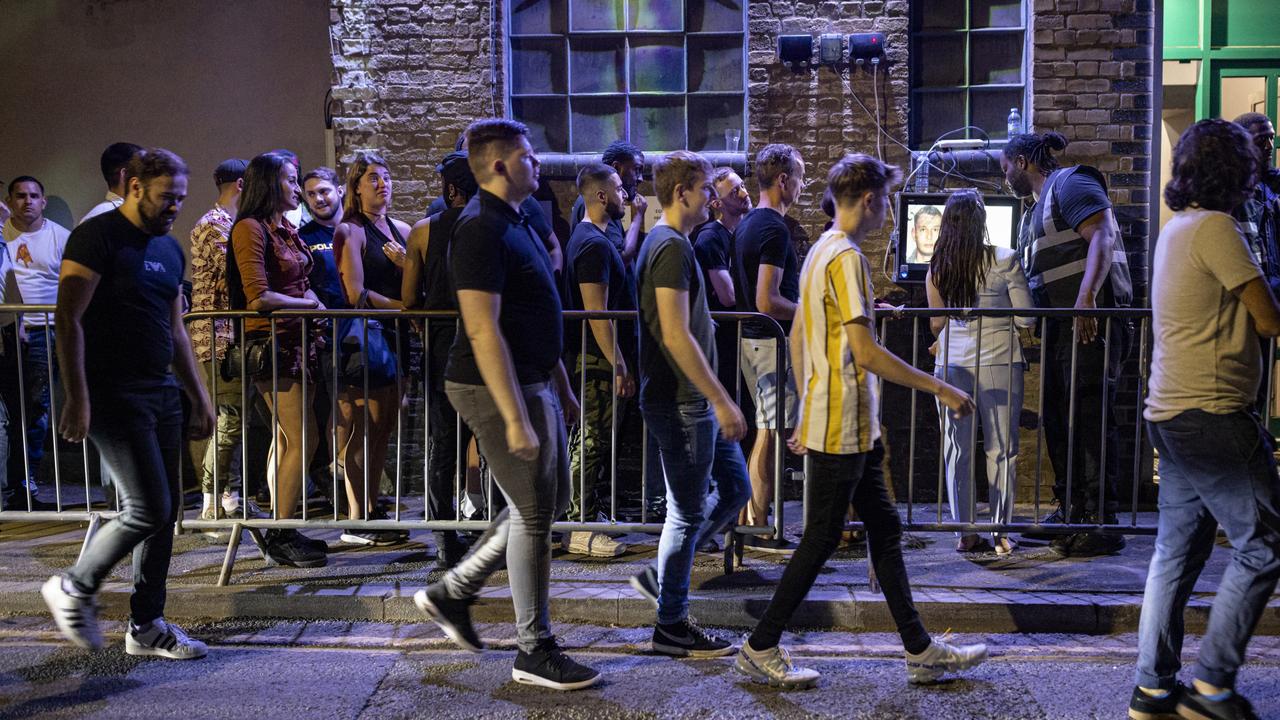

In a joint letter by 122 scientists to the British medical journal The Lancet, they warned that not only will Britain’s Freedom Day further drive an already surging pandemic, it risks creating new variants even more infectious than Delta.
They wrote: “Infection rates are currently rising. Rising infection rates are already leading to increased hospital admissions.
“The complete relaxation of behavioural measures designed to reduce the spread of infection, before robust and sufficient levels of vaccine-induced immunity in the population have been achieved, is potentially a recipe for disaster.
“Removal of precautions should happen only when infection rates are decreasing, not increasing.
“It is likely we will need to learn to live with this virus, but this does not mean providing it with an uncontrolled opportunity for widescale infection with consequent adverse impacts.”
A senior World Health Organisation (WHO) official condemned the move, accusing the UK of “moral emptiness and epidemiological stupidity”.
The UK’s vaccine rollout of 68.5 per cent of adults having received two doses, still leaves millions of people vulnerable to infection by the Delta strain, critics warn.
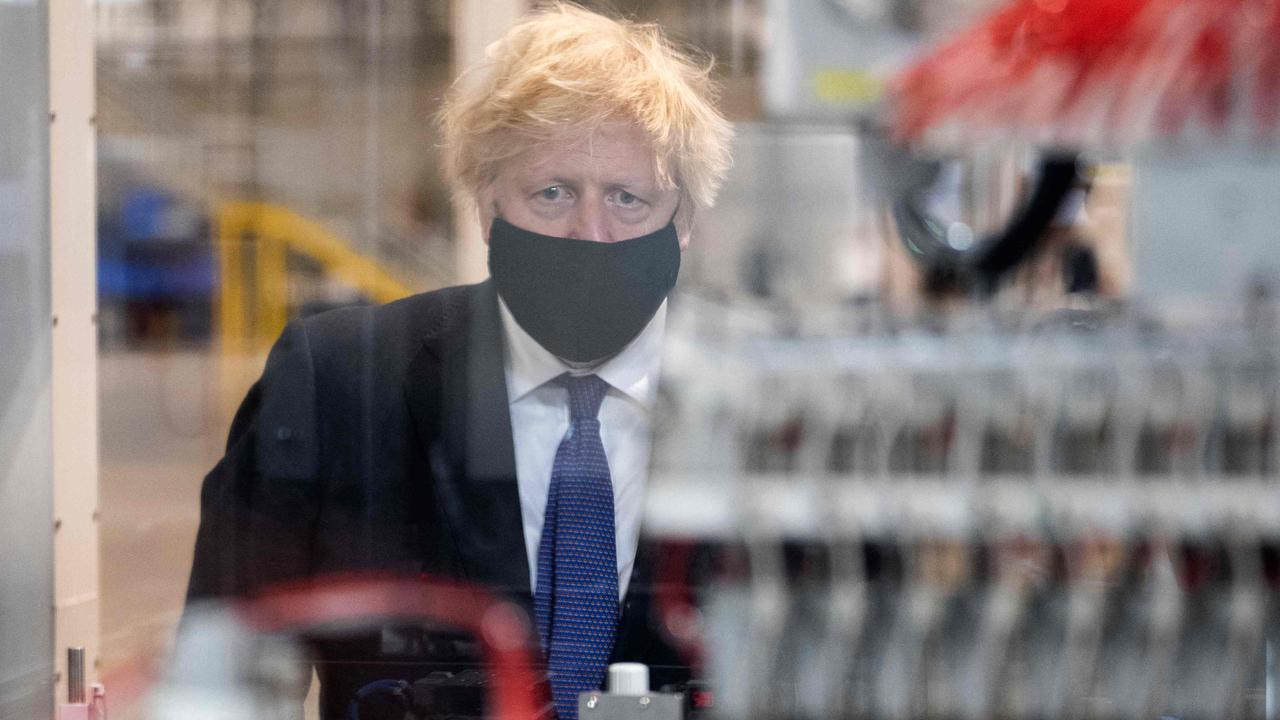
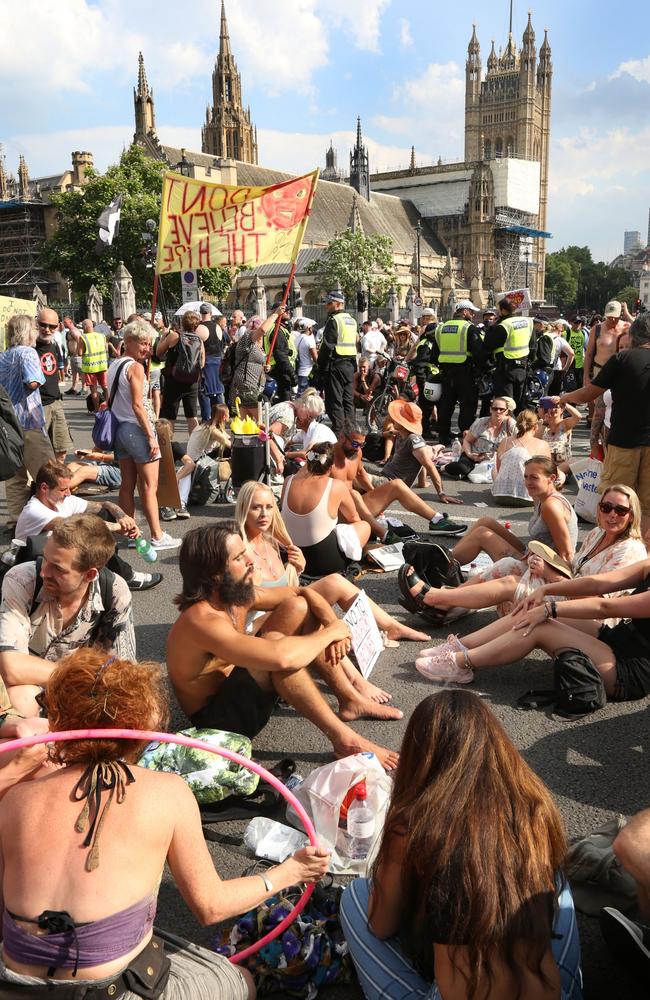
“I can’t think of any realistic good scenario to come out of this strategy, I’m afraid,” said Julian Tang, a clinical virologist at the University of Leicester. “I think it’s really a degree of how bad it’s going to be.”
Dr Tang said nightclubs were “the perfect mixing vessel for the virus to spread and to even generate new variants” among the under-vaccinated 18 to 25-year-olds.
With cases surging, critics say the government is making “a reckless gamble” as deaths climb after a period of decline over the warmer months.
Europe
In Europe, countries are facing an uphill battle, with the EU’s disease prevention agency warning that infections could rise fivefold across the bloc by August 1.
Like the UK, Israel and the Netherlands both opened up widely after vaccinating most of their populations.
However, they have now reimposed some restrictions after new infection surges, with Dutch Prime Minister Mark Rutte admitting that lifting restrictions early “was a mistake”.
Europe vaccination rates have now overtaken those in the US, with 55.5 per cent having had a first dose.
But a 10-week decline in Covid-19 cases across Europe in spring and early summer was dashed at the beginning of July with a 10 per cent surge in infections.
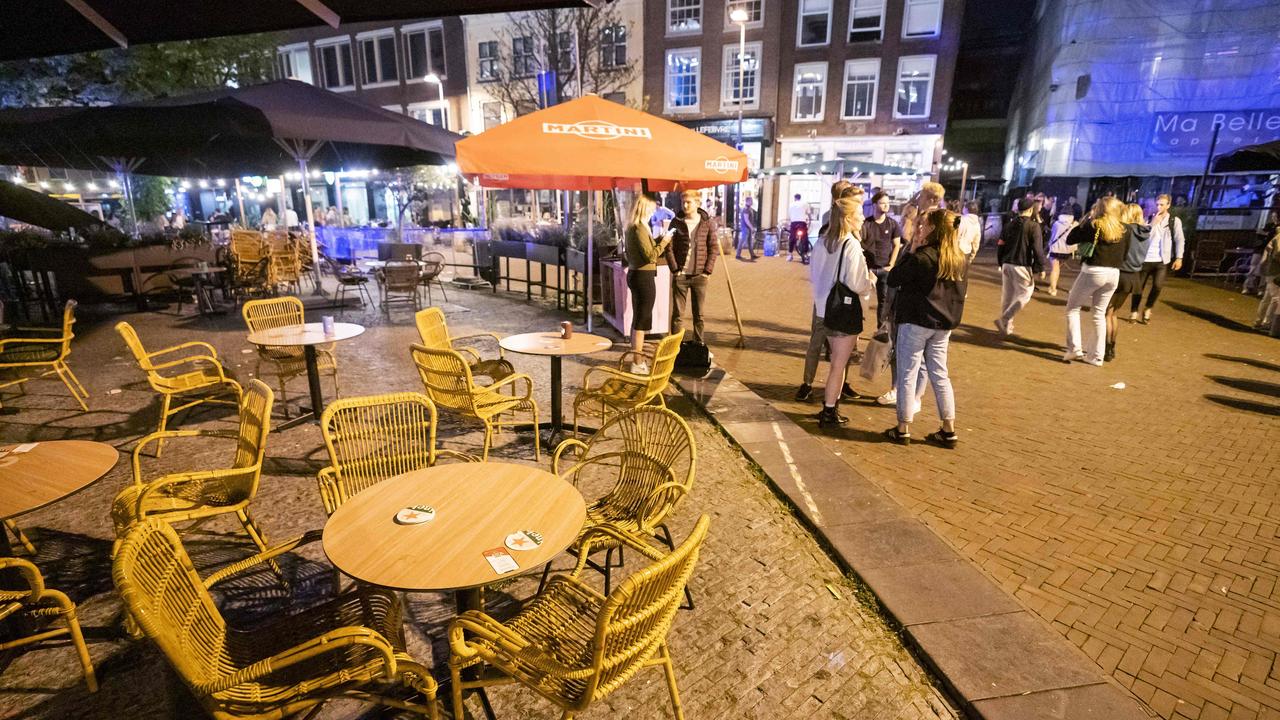
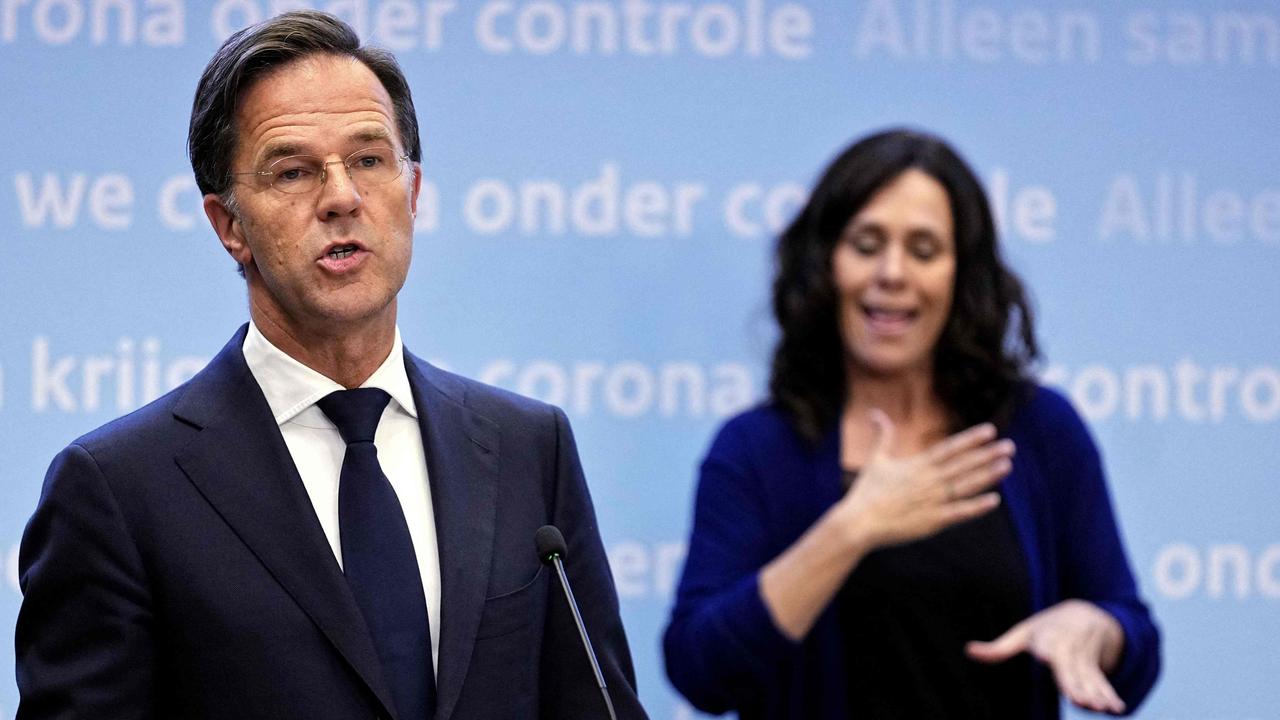
What drove the increase, according to WHO’s regional director for Europe Hans Kluge,
was “increased mixing, travel, gatherings and easing of social restrictions”.
He warned Europe would be “Delta dominant” by August, when it would be “mostly restriction-free with increased travels and gatherings”.
He said a combination of new variants, a vaccine uptake deficit and increased social mixing would all see a rise in hospitalisations and deaths.
“There will be a new wave in the WHO European Region unless we remain disciplined.
“And even more so when there are far fewer rules in place to follow – and unless we all take the vaccine without hesitation when it is our turn.”
RELATED: Photo that could force beach to close
RELATED: SA plunged into lockdown over new case

USA
The highly contagious Delta variant is spreading in the US, with concerns that new outbreaks could derail an economic recovery.
WHO said in a briefing last week that as more contagious variants spread in the US and Latin America, the entire region was at risk.
Largely due to outbreaks in parts of the US with low vaccination rates, the number of new cases, hospitalisations and deaths have been on the rise in recent weeks.
And although vaccines work against the Delta variant, laboratory tests have shown them to be less effective than they were against the original form of coronavirus.
Studies have also shown that two doses of the Pfizer/BioNTech vaccine and of the AstraZeneca vaccine are much more effective than one shot.
This underlined the importance for people to be fully vaccinated, US scientists said.
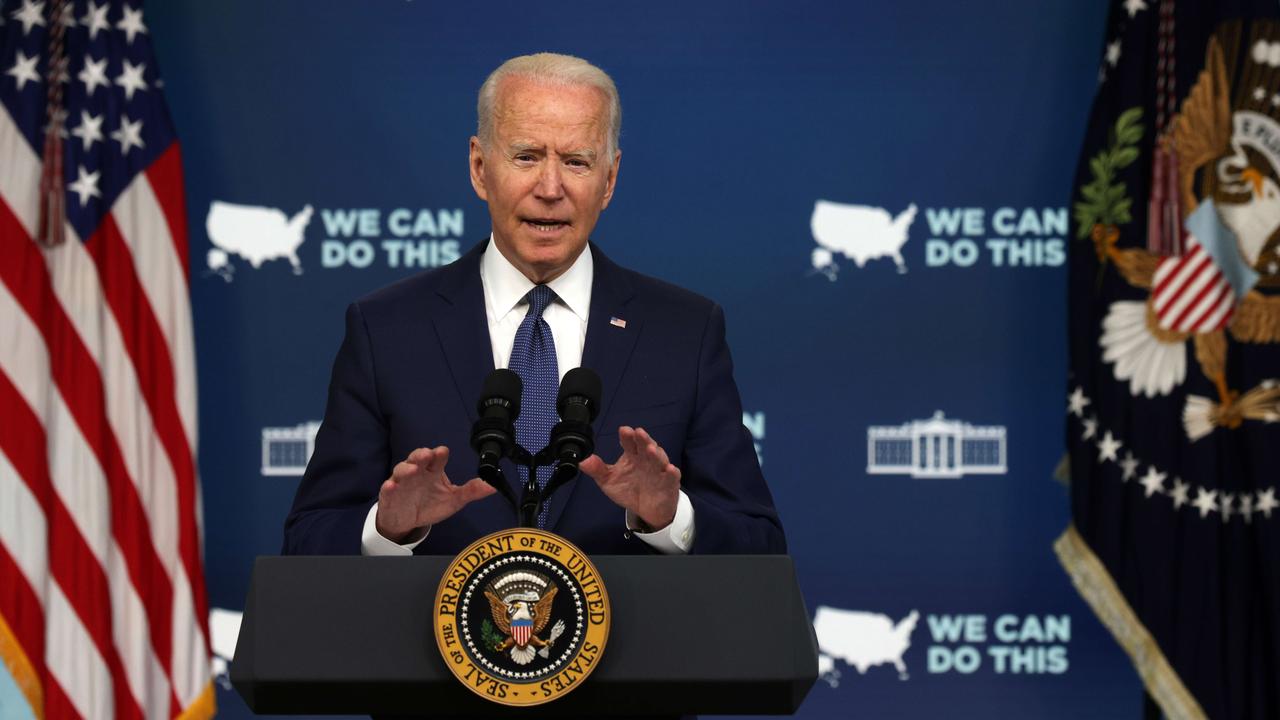
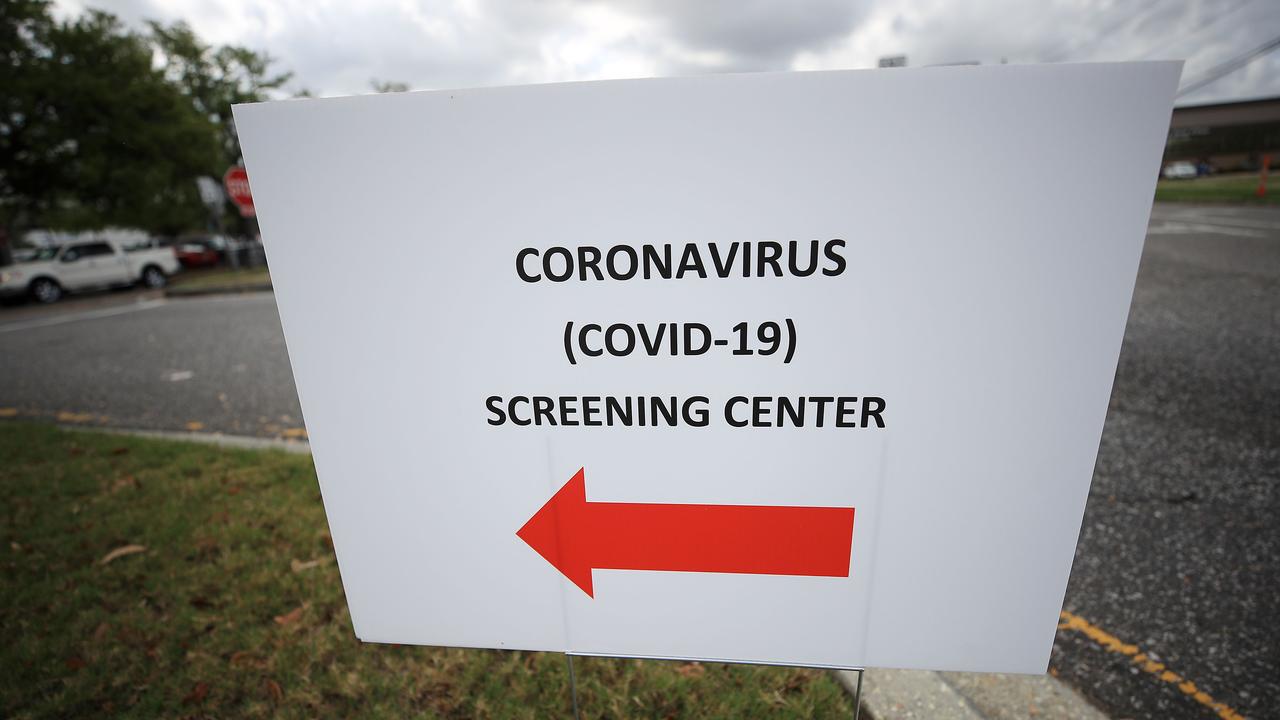
Across the US, many areas have now abandoned face masks after the Centres for Disease Control and Prevention (CDC) said fully vaccinated people didn’t need to wear them in most settings.
But some states and cities are now trying to decide what to do, and to possibly reintroduce face coverings as cases rise again.
In a speech about the US economy, President Joe Biden said the recovery hinges on getting the pandemic under control.
Apart from the four lowest vaccination states of Mississippi, Louisiana, Wyoming and Alabama, another 17 US states – or a third of the country – have yet to partially or fully vaccinate 60 per cent of their residents.
These states are: North Carolina, South Carolina, Georgia, Tennessee, West Virginia, Ohio, Indiana, Missouri, Arkansas, Oklahoma, Texas, North Dakota, Montana, Idaho, Nevada, Arizona and Alaska.
“So please, please get vaccinated,” Mr Biden said. “Get vaccinated now.”
The President has now set a 70 per cent vaccination goal for all Americans, below his previous benchmark for a return to normality.
In March, Biden said: “By July the Fourth, there’s a good chance you, your families and friends will be able to get together in your backyard or in your neighbourhood and have a cookout and a barbecue and celebrate Independence Day.”
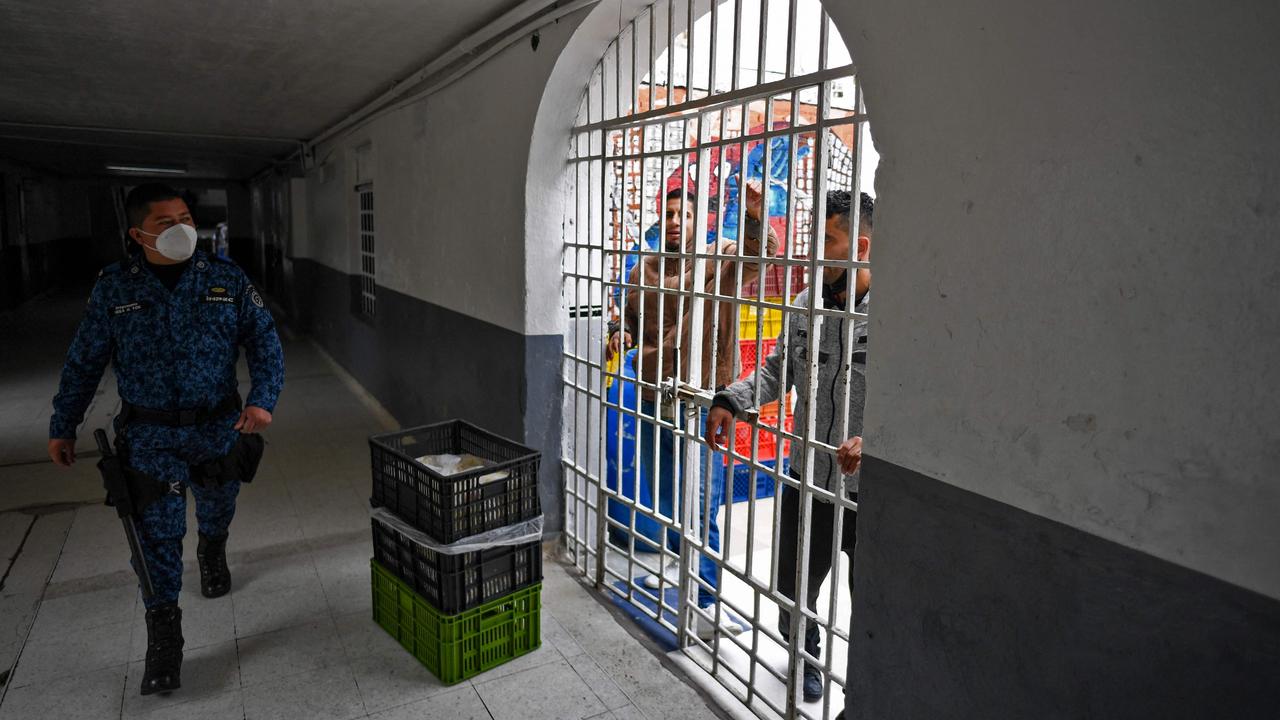
Latin America
Cases in Argentina and Colombia are at record highs, surpassing levels seen at the beginning of the pandemic, said Dr Carissa Etienne, director of the Pan American Health Organisation, WHO’s regional bureau for the Americas.
Central American and Caribbean countries like El Salvador, Guatemala, Cuba and the Virgin Islands are likewise seeing surges in the number of new infections.
Nearby countries like Honduras and Guatemala have not secured enough vaccine doses to immunise even 1 per cent of their population.
Dr Etienne said this could be disastrous if increasing infections from nearby countries spill over the borders.
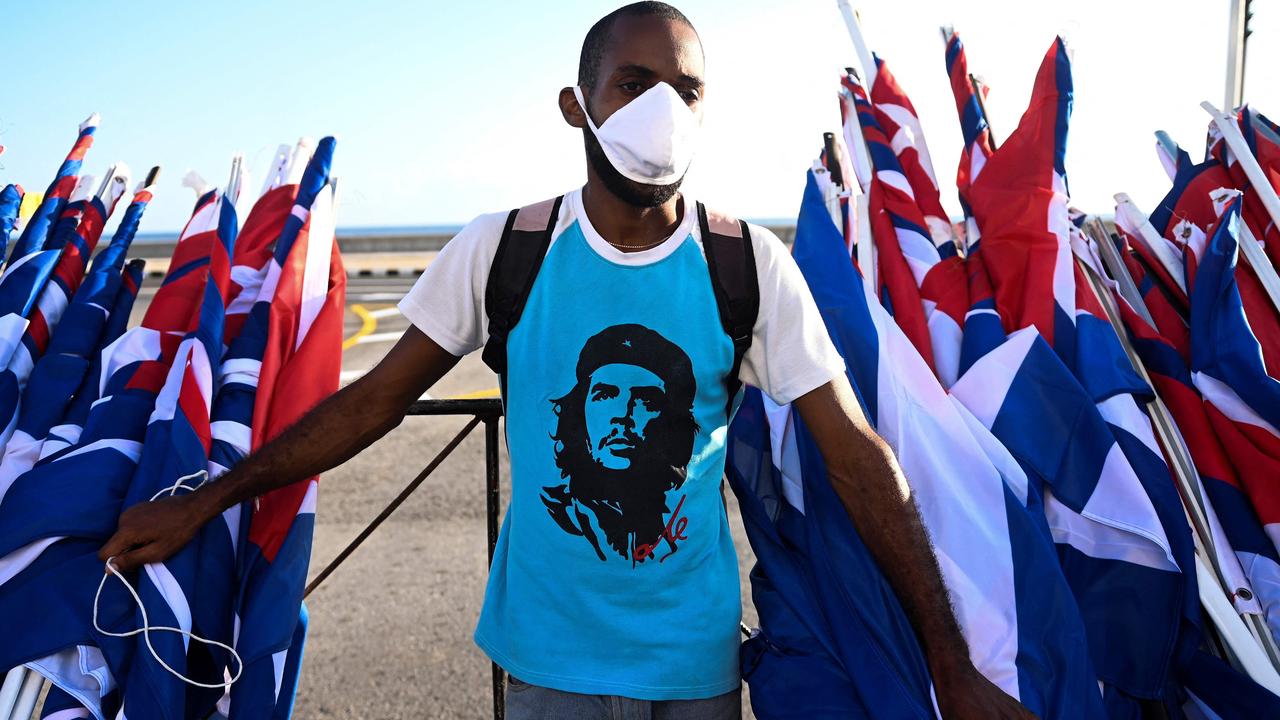
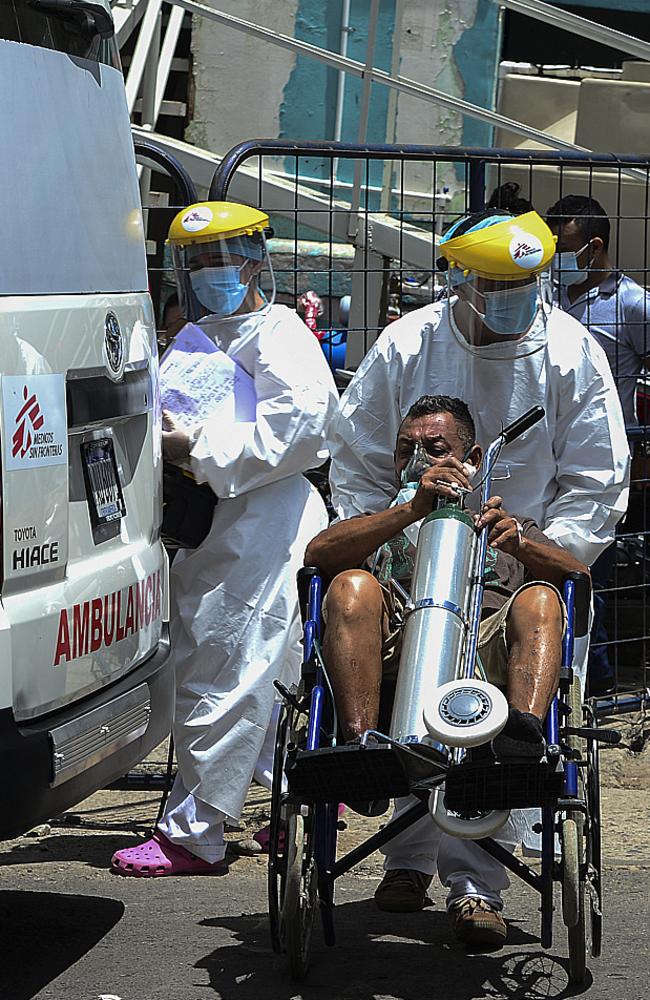
The infection spikes are also exacerbating political instability and violence across several countries.
Thousands of protesters in Cuba took to the streets last week as frustrations with food and power shortages manifested into the biggest anti-government rallies the country has seen in decades.
But as unrest grows, it in turn increases virus numbers in a vicious circle.
“Growing violence, instability and crowded shelters could become active hotspots for Covid transmission,” Dr Etienne said.
“Limited supplies and violence are also hindering the ability of health workers to safely care for patients in need. In some cases, patients may be avoiding seeking to due to safety concerns.”




